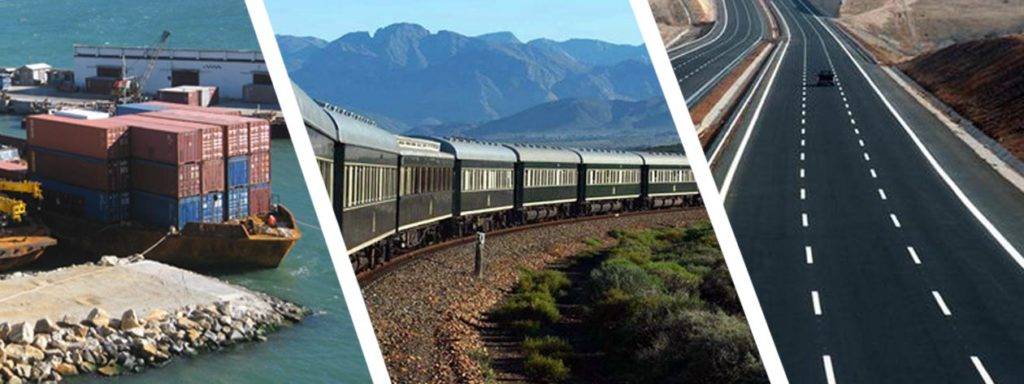The freight transport sector is critical to the global economy, but it is also responsible for a significant share of energy consumption and greenhouse gas emissions. To control energy demand in the transportation, efficient and sustainable strategies are needed that reduce environmental impact while maintaining economic competitiveness.
The different solutions :
One of the main strategies to control energy demand in freight transport is to promote the use of more sustainable and efficient modes of transport. Rail and waterways, for example, are less polluting and more energy efficient alternatives to road transport. It is therefore important to invest in the infrastructure needed to develop these modes of transport and to encourage companies to use them more.
Improving the energy efficiency of freight vehicles is also an important strategy. Technologies such as kinetic energy recovery, hybrid and electric engines, and fuel management systems can help reduce energy consumption and greenhouse gas emissions. Governments can encourage the adoption of these technologies by providing financial incentives and regulating fuel efficiency standards for transportation vehicles.
Finally, logistics and transportation practices can also help control energy demand in freight transportation. Strategies such as shipment consolidation, route optimization, and supply chain management can help reduce the number of trips required and maximize vehicle utilization. Companies can also adopt more sustainable practices such as reusing and recycling packaging to reduce waste.
Ultimately, controlling energy demand in freight transportation requires a combination of government, industry and individual strategies. By adopting sustainable practices, investing in energy-efficient technologies, and promoting alternative modes of transportation, it is possible to reduce the environmental impact of freight transportation while ensuring economic competitiveness.
Find more news on our blog!

